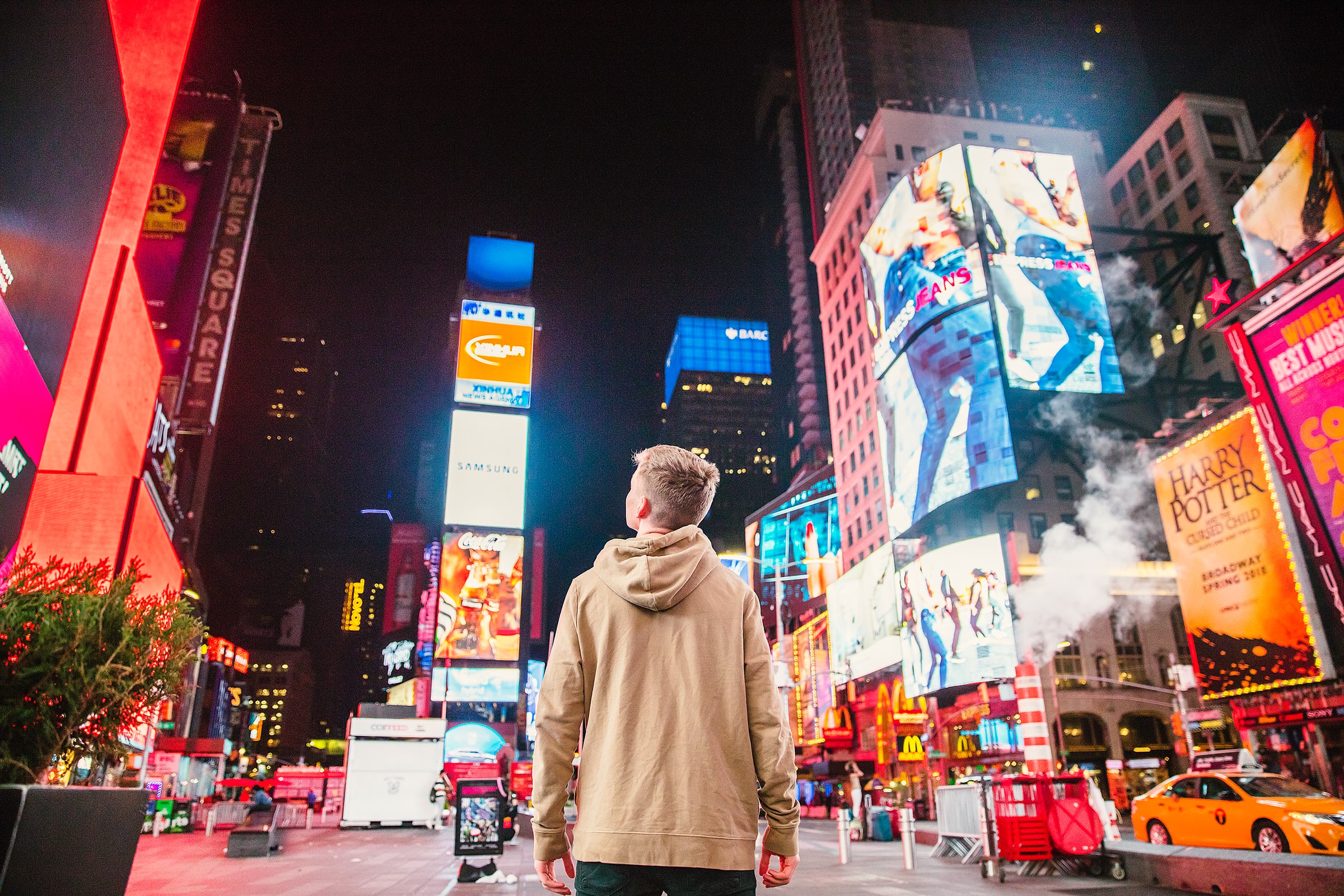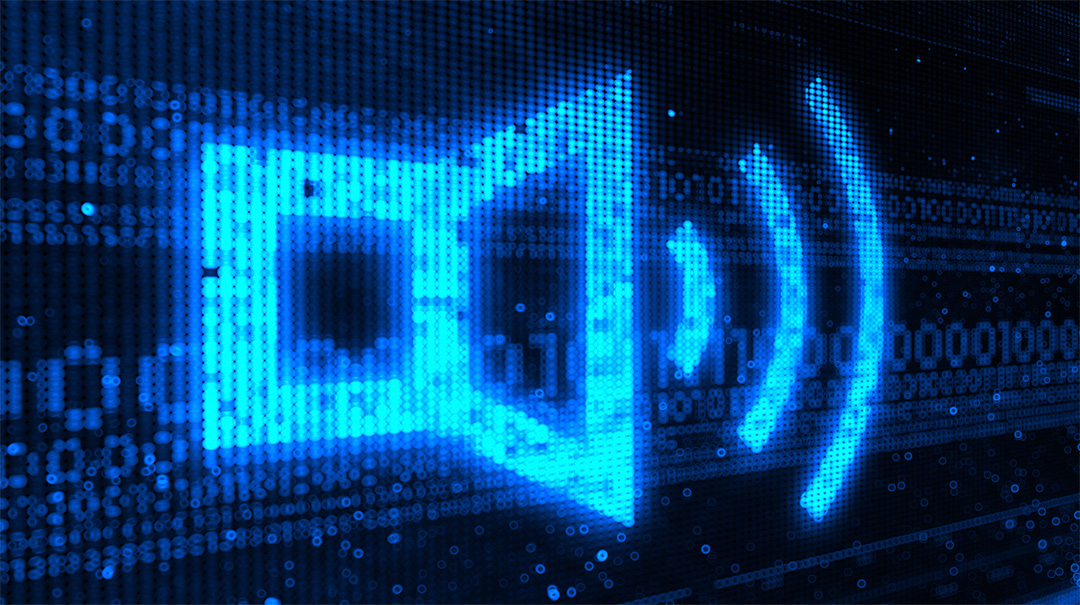AFTER THE PANDEMIC PASSES, CUSTOMERS WON’T SEE THE WORLD IN THE SAME WAY. So where is the emotional decency?
Written by Michael Boudimendil, President
Consumers will have looked mortality in the eye. They will have faced deep fear and persistent anxiety. They may have lost a job — or a loved one.
People will have recalibrated what means most, what is reassuring and what, by contrast, is mere life clutter.
Marketers will have to reevaluate how they talk with emotional decency to (and with) these more vulnerable, more watchful, more self-examining humans. Even now, the constant parade of promotional offers has begun to feel tawdry. Who needs a discount on a fast-fashion dress? Who needs their 99th hair accessory or bobble-head doll?
Exaggerated claims will trigger repugnance. Will this nice can of beans make the mother a perfect parent surrounded by an adoring family? No. Will it provide an easy kid-pleaser that will get you through till another daunting meal? Yes. And that’s not a small victory.
Brands will need to ask themselves, what is my legitimate emotional territory? What, in today’s world, represents brand decency?
HUMAN-TO-HUMAN CONTACT
Human-to-human contact for emotional decency will also be more highly prized after social distancing. Do consumers want their bank to create a beautiful ad that causes their eyes to well up with tears? No. We’ve had plenty of tears. The real question will be, “Will the bank treat me with respect and dignity, though I may have missed some payments and need a loan?” and, “Can I talk to a human?”
REJECT EMOTIONAL MANIPULATION
These more sensitive consumers will reject emotional manipulation. The emotional manipulation implied by celebrity endorsements may ring false, too. These more introspective audiences will know your brand is not Beyonce, Johnny Depp or LeBron James. It’s an implied exaggeration that may feel inauthentic.
Brands may also want to replace fake images of perfect (retouched) models, homes, vacation destinations, and meals. These cosmetic changes exact a price on people’s self-images and confidence levels — a high price to pay for emotional decency.
MORE COMPLEX VIEW OF THEIR COUNTRY
While brands have used patriotism and political stances as feel-good advertising, post Covid-19, consumers globally will have a more complex view of government. In the U.S., people have seen companies scrambling to find ways to help. But they’ll also have a clearer idea about the lack of coordination between local and national governments, messed-up supply chains where some are destroying gallons of milk and bushels of eggs, while others are desperate for food. And they’ll know the U.S. healthcare system is full of holes. Even governments need to create more trust with more nuance and vulnerability in their branding.
So many brands claim to be the best in the world. Today, they need to demonstrate they aren’t above us but are among us, the people of the world. Brands should be supportive, even vulnerable and have to think out of the box.
In the end, emotional decency is just human decency. And we’ll all need a mighty slug of that.
Click here to read the article on Petit Web in French









